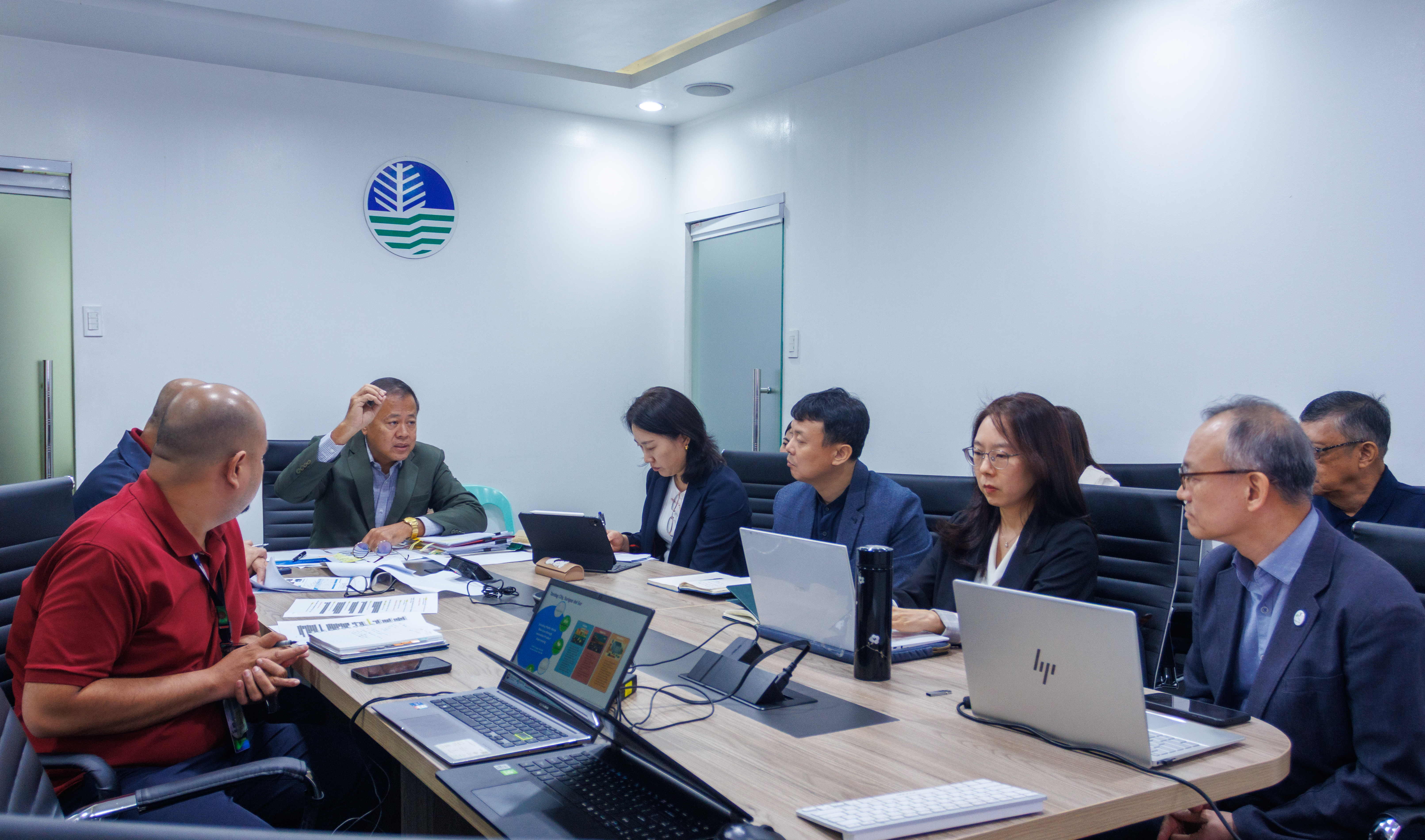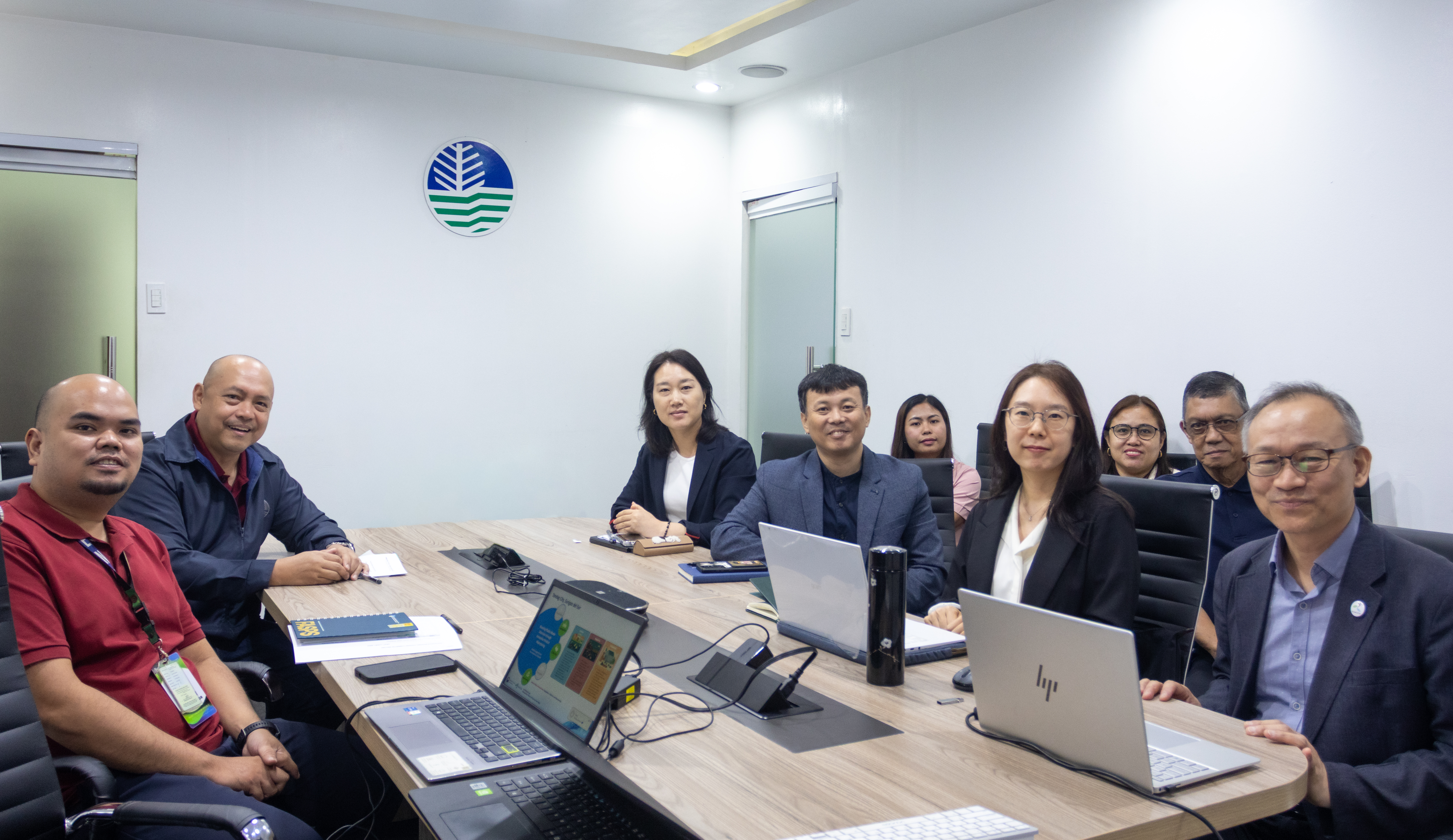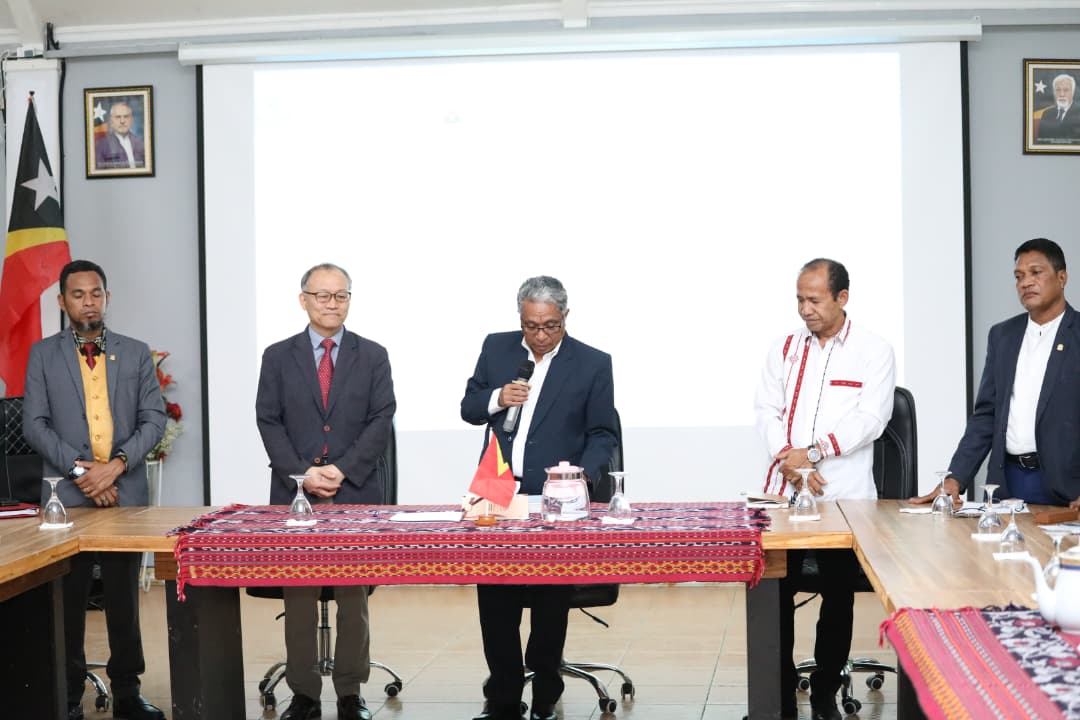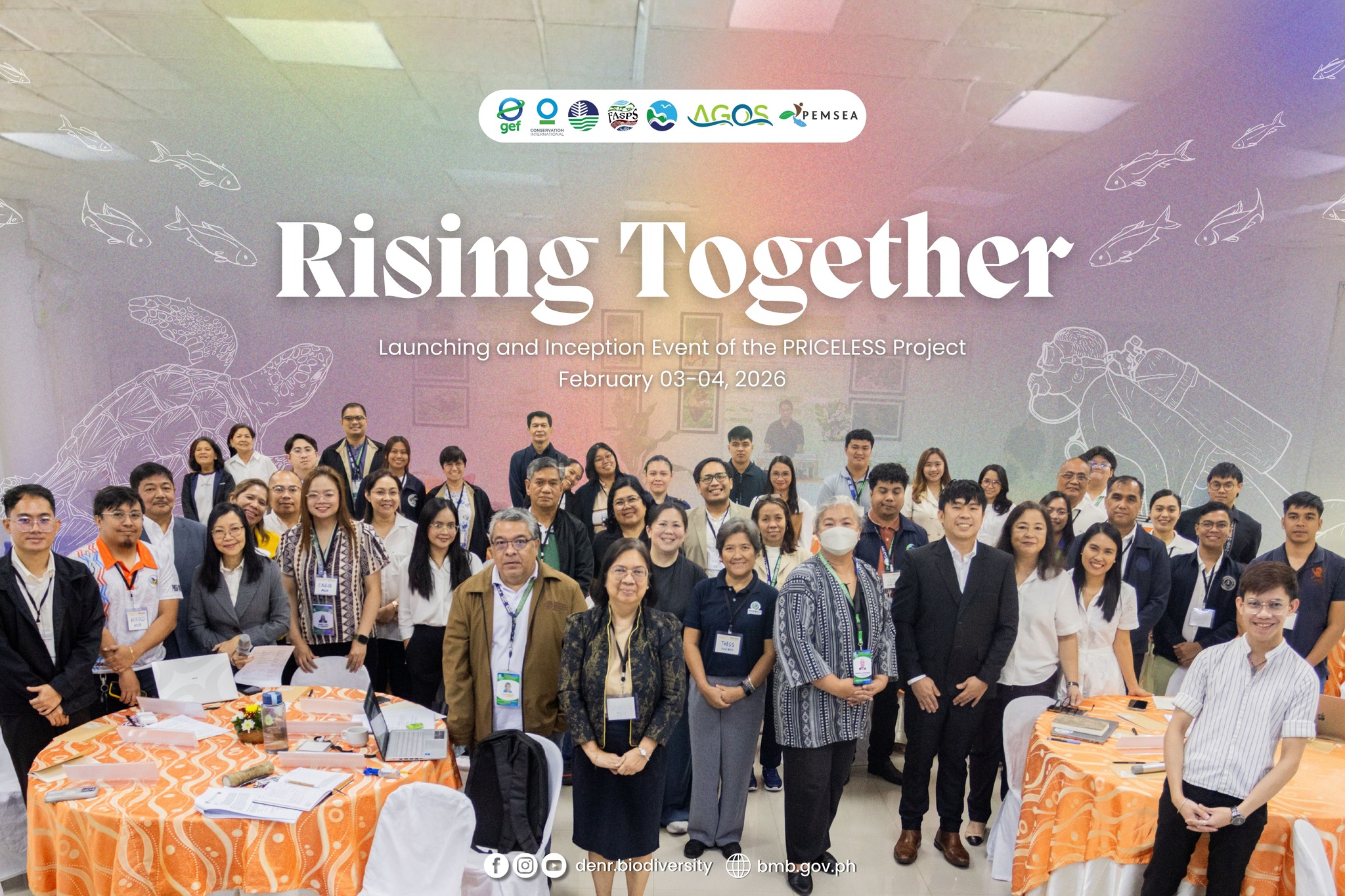Regional Steering Committee Approves Pilot Projects to Reduce Marine Plastics in Six Philippine Sites
Tuesday, 30 September 2025

The Regional Steering Committee (RSC) of the MOF/PEMSEA ODA Project on Reducing Marine Plastics in the East Asian Seas Region has approved the pilot projects for the six Philippine sites: Bulan, Calbayog City, Daanbantayan, Dipolog City, Puerto Princesa City, and Tandag City.
The pilot project designs were reviewed and endorsed during the Intersessional RSC Meeting on 17 September 2025, held in a hybrid format via Zoom and at the Department of Environment and Natural Resources (DENR) in the Philippines.
In his remarks, DENR Undersecretary Jonas Leones, Chairman of the RSC, commended the pilot projects as ‘not only technical interventions but tangible demonstrations of how local action, regional cooperation, and shared responsibility can protect our marine ecosystems and strengthen community resilience,” he said.
Mr. Kim Jin Young of the Ministry of Oceans and Fisheries of the Republic of Korea; Ms. Alda Sousa, Director General for Fisheries, Aquaculture and Marine Resources of Timor-Leste’s Ministry of Agriculture, Livestock, Forestry and Fisheries; and Director Al Orolfo of the DENR-Foreign-Assisted and Special Projects Service, along with other DENR representatives, also expressed their strong support for the pilot projects.

The pilot projects introduce innovative local solutions for reducing marine plastics, based on a life-cycle approach and circular economy. To reflect the unique contexts of each site, the interventions were co-developed with local governments through extensive consultations.
The concepts for the Philippine sites were first approved during the 2nd RSC Meeting in 2024. Since then, consulting firm EECI, Inc and the Regional Project Management Unit (RPMU). have worked closely with local government units to prepare the detailed designs presented during the Intersessional RSC Meeting. The designs incorporate technical inputs, feasibility assessments, and on-ground realities gathered through stakeholder consultations.
In Bulan municipality in Sorsogon, the pilot project ‘Scaling Waste Solutions’ aims to expand and upgrade the municipality’s materials recovery facility to enhance storage, segregation, and processing capacity. The initiative also includes the installation of a shredder, which will densify plastics, reduce hauling costs, boost diversion, and improve recycling rates.
For Calbayog City in Samar, the pilot project ‘Ocean Shield’ aims to reduce plastic leakage into waterways and ocean through the installation of three river trash traps. It also introduces eco-friendly collection vehicles to serve underserved barangays and expands baling capacity at the central materials recovery facility.
In Daanbantayan, the northernmost municipality of Cebu, the pilot project ‘Transport Scaling Up Plastic Waste Processing’ focuses on establishing a new plastic recycling facility to process about 10 per cent of the municipality’s total annual plastic waste collected from coastal barangays, in partnership with local resorts. The project is expected to increase diversion rates, reduce marine leakage, and generate jobs and revenue for the community.
In Dipolog City in Zamboanga del Norte, the pilot project ‘Mitigating Marine Plastic Pollution’, will deploy three trash traps, a plastic collection boat, and a baling machine in Miputak Creek, tributary of the Dipolog river. These measures are projected to intercept plastics entering the ocean and compact up to 17.3 tons of plastics annually while enhancing the marine environment, improving water flow, reducing hauling costs, and strengthening community trust in waste management.
In Puerto Princesa City, the pilot project ‘HABAL: Smart Waste Collection’ targets improved segregation and collection in congested coastal barangays through the use of habal or small vehicles designed to navigate in narrow roads. A shredder will also be introduced to reduce the volume of plastics, increase recyclability, and support post-processing of waste.
In the city of Tandag in Surigao del Sur, the pilot project, ‘Boosting Plastic Waste Diversion’ will process more than 1,000 kilograms of collected plastics daily into recycled products. The effort seeks to divert waste from the sanitary landfill, extend the landfill’s lifespan, protect marine ecosystems, and create sustainable income opportunities for coastal communities.
The six pilot projects are part of Component 2 of the Marine Plastics Project, which focuses on demonstrating best practices and locally adapted solutions for marine plastics reduction. Responding directly to challenges identified during baseline assessments, the projects aim to strengthen local waste management systems, enhance community engagement, and reduce plastic leakage into coastal and marine environments which are aligned with both national and local government priorities.





